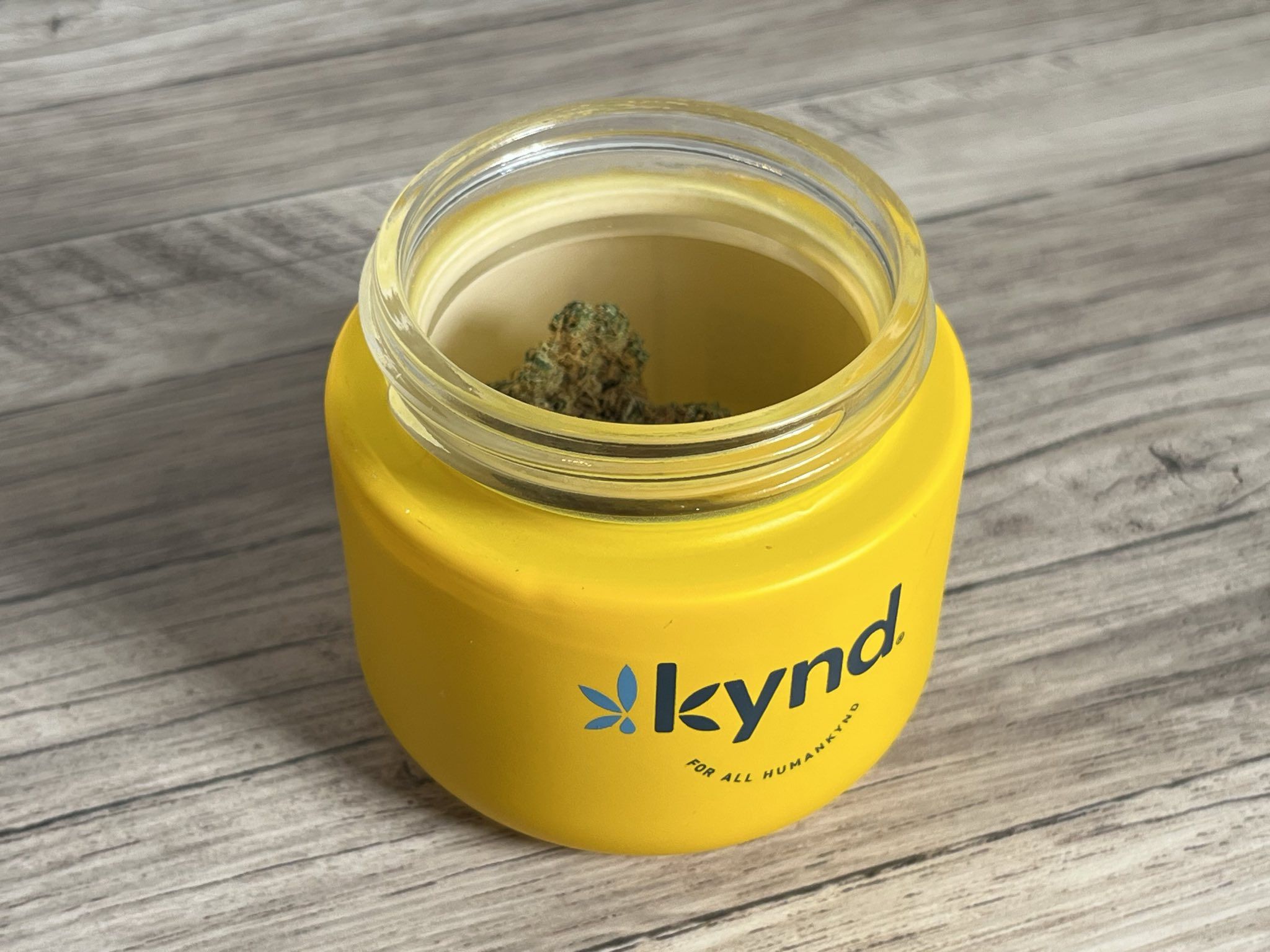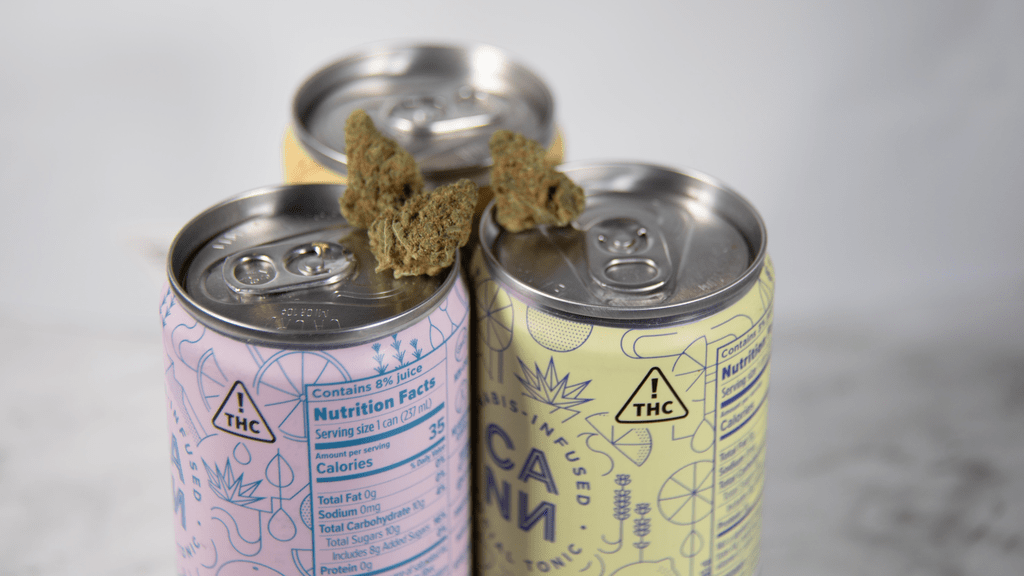As medical cannabis becomes more widely accepted, its use as a treatment for mental health conditions is on the rise. In 2023, medical cannabis gained traction as an alternative to traditional pharmaceutical drugs for treating mental instability, including conditions like anxiety, depression, and PTSD. This growing trend reflects a shift in public opinion and medical research, as more patients seek relief from mental health symptoms through cannabis.
While cannabis shows promise as a therapeutic option, there are still ongoing debates about its efficacy compared to pharmaceutical drugs, as well as potential risks and benefits.
Medical Cannabis as a Treatment for Mental Health
Medical cannabis has long been associated with the treatment of chronic pain and epilepsy, but its potential benefits for mental health have only recently gained attention. According to a 2023 study published in the Journal of Clinical Psychology, cannabis use can reduce symptoms of anxiety and depression in some patients. The cannabinoids in cannabis, particularly CBD and THC, interact with the brain’s endocannabinoid system, which is responsible for regulating mood, sleep, and stress.
Many patients report that medical cannabis offers a more natural and holistic way to manage their symptoms. For instance, CBD (cannabidiol), which is non-psychoactive, is often praised for its anxiolytic (anti-anxiety) properties, while THC (tetrahydrocannabinol) is linked to improving mood and reducing intrusive thoughts often associated with PTSD.
Source: Journal of Clinical Psychology
Comparing Cannabis to Pharmaceutical Drugs
For decades, the standard treatment for mental health conditions has involved pharmaceutical drugs such as SSRIs (Selective Serotonin Reuptake Inhibitors), benzodiazepines, and antidepressants. These medications are typically prescribed to stabilize mood, reduce anxiety, and manage symptoms of depression. However, they often come with a range of side effects, including weight gain, sexual dysfunction, insomnia, and a risk of dependency (especially in the case of benzodiazepines).
In contrast, patients using medical cannabis report fewer side effects, particularly with CBD-dominant strains, which do not produce the “high” commonly associated with THC. Additionally, many patients turn to cannabis because they find it offers quicker relief for symptoms like panic attacks and insomnia compared to traditional medications, which can take weeks to reach full effectiveness.
Pros and Cons of Medical Cannabis for Mental Health
Pros:
- Faster Relief: Medical cannabis, especially when inhaled or vaporized, offers rapid relief from symptoms like anxiety and panic attacks.
- Fewer Side Effects: Patients using cannabis, particularly CBD-based products, report fewer side effects compared to pharmaceutical drugs like SSRIs.
- Natural Treatment: Many patients prefer cannabis as a natural alternative to pharmaceuticals, which can feel less invasive and more holistic.
- Less Addiction Risk (CBD): Unlike benzodiazepines, which are known for their addictive potential, CBD is non-addictive and has a low risk of dependence.
Cons:
- Potential for Dependence (THC): While CBD is non-addictive, THC has a higher potential for abuse and dependence, especially with chronic use.
- Variability in Effects: Cannabis affects individuals differently, making it difficult to predict how a patient will respond to a particular strain or dosage.
- Lack of Long-Term Studies: There is still limited research on the long-term effects of cannabis use for mental health, especially compared to the decades of research on pharmaceutical drugs.
Source: Harvard Health
Outlook for Medical Cannabis in Mental Health
With the rise in medical cannabis use for mental health conditions, it is likely that more patients will turn to it as an alternative or complement to traditional pharmaceutical treatments. States with medical cannabis programs, including California, Colorado, and Florida, are already seeing a growing number of patients using cannabis to manage anxiety, depression, and PTSD.
As more research is conducted, medical professionals will gain a clearer understanding of how cannabis compares to traditional medications and how it can be used most effectively in treatment plans.
Sources:




